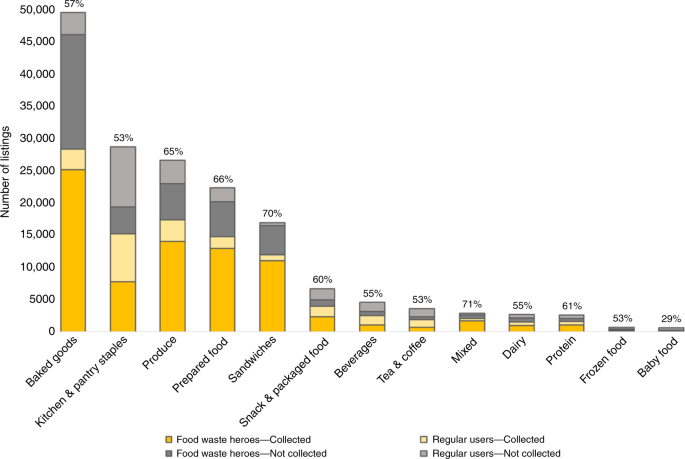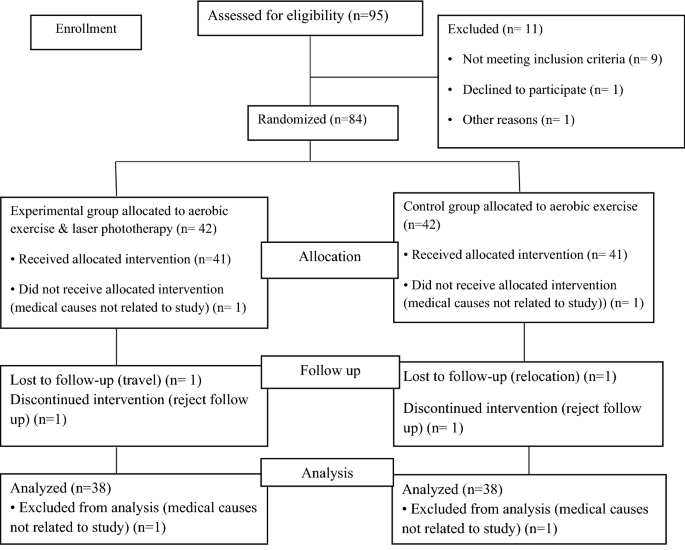
- Select a language for the TTS:
- UK English Female
- UK English Male
- US English Female
- US English Male
- Australian Female
- Australian Male
- Language selected: (auto detect) - EN
Play all audios:
Thanks so much for shining a light on one of L.A.’s greatest cultural assets, Grand Performances [“L.A. Without the NEA,” April 1]. I’ve been going for more than 20 years, and every time I
attend I am moved not only by the diversity of the performances but also by the diversity of the audiences. In every way, Grand Performances is the embodiment of the best of who we are and
who we can be. It is a way we can share cultures that might otherwise be “foreign” to us and not only learn about each other but also gather together — more and more important in a political
culture that divides us more and more each day. To lose the National Endowment for the Arts would mean the loss of cultural capital that brings us together every day and brings us closer to
one another and in the process makes us all feel part of the greater whole. Bravo to Grand Performances, and let’s all call our representatives to fight to keep the NEA.
The Times series about “L.A. Without the NEA” prompts me to recall the following.
In the 1980s, I was invited as part of a committee to meet with William Bennett, chair of the National Endowment for the Humanities, who had been appointed by President Reagan to consider
cutbacks. We were confronted with: “How can we consider funds for the arts and humanities when people are starving?” On the spur of the moment, I said: “People can starve in more ways than
just the stomach!” Parenthetically, someone later noted that at the time, the government was helping the tobacco industry.
I found it ironic to see the articles and letters bemoaning the lack of support for the arts adjacent to the articles and ads for movies and TV. These arts are thriving, and financial
support for them is great. People support these arts with their dollars and support other arts less so.
The real issues are, what is art and who should support it? The former is even more difficult to determine than the latter. My own pet peeve relative to limited support for the arts is the
discontinuation of classical music broadcasts by many National Public Radio stations. How much talk radio do we need
Regarding “And the Band Plays On” [March 27]: I loved reading this review. Garth Hudson looked old in 1970, so, yeah, he looks his age now. Does he still take off his shoes when he sits down
at the keyboard
Regarding “Quick Takes: Drake Sets Streaming Records” [March 29]: Would you ask Drake, Ed Sheeran or the Weeknd what the royalty check amount from Spotify and other streaming services was
for that action? How much do you want to bet that it wasn’t enough to cover a car payment? The dirty secret that no one wants to address is that the new delivery system for recorded music is
a no-win revenue maker for musical artists on any level. There are good reasons the recording business is in shambles, and the deals struck with on-line streaming services figure
prominently into it.
Regarding “A Must-See From Any Direction” [March 31]: The title to Alfred Hitchcock’s under-appreciated masterpiece “North by Northwest” originates in Shakespeare’s “Hamlet,” in which the
prince states, “I am but mad north-north-west,” mirroring Roger O. Thornhill (Cary Grant) being mistaken for a spy and a killer who doesn’t exist, just as Hamlet is not “mad.” It is indeed a
film not to be missed.
Regarding “Clue to What Made ‘Bones’ ‘Bones’” [March 31]: Not only was “Bones” anchored by a strong female lead, unapologetically brilliant, beautiful and sexual, but it was also populated
by other strong women, Camille Saroyan and Angela Montenegro. Men were the emotional heart. Favorite line: When she learns about cougars (older women who prefer younger men), Bones (Emily
Deschanel) says, “Isn’t that all women?”







